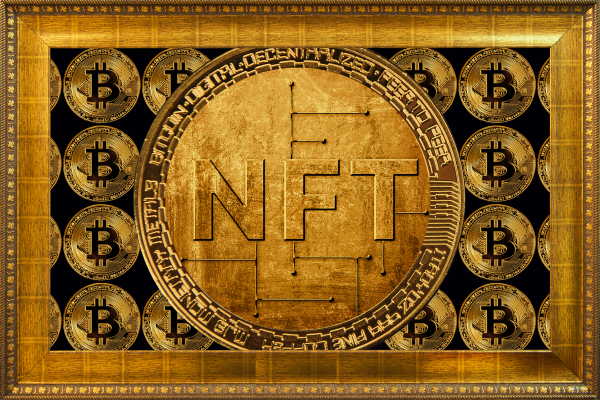
Discussions around cryptocurrency have not strayed far from financial crime such as money laundering and financing terrorism, while governments and central financial institutions are constantly painting cryptocurrency as a medium feeding a hive of criminal activity. There is undoubtedly some truth to this, but the crypto community has long been criticizing the biased narrative forced upon the crypto industry where the use of cash is the best way to ensure that AML/CFT regulations are met due to greater transparency and security.
With the FinCEN Files exposé released by Buzzfeed, the veneer of clean money as championed by central and commercial banks, and well-known financial institutions has been shattered. Leaked government documents show that supposedly trusted financial institutions and banks have been complicit in “mov(ing) trillions of dollars in suspicious transactions, enriching themselves and their shareholders while facilitating the work of terrorists, kleptocrats, and drug kingpins”.
The US Financial Crimes Enforcement Network (FinCEN) collects thousands of suspicious activity reports annually, but not all of them are revealed to the public. Even when an institution is found guilty of enabling money laundering activities intentionally or otherwise, banks for example can walk away without penalty after paying a fine. These banks, such as Deutsche Bank, JPMorgan, HSBC Bank and Standard Chartered are then allowed to continue facilitating the movement of dirty money – the very same crimes crypto assets and exchanges have been consistently accused of.
In the face of ‘trusted’ banks violating the very same financial crime standards that have been used against cryptocurrency, it is ironic that the stringent regulations enforced upon the crypto industry are not applied equally onto traditional financial institutions and assets. Adding to this gloomy picture is the fact that $2 trillion USD worth of suspicious transactions occurring between 1999 and 2017 could have been halted by the aforementioned banks, but were allowed to pass.
“The networks through which dirty money traverse the world have become vital arteries of the global economy. They enable a shadow financial system so wide-ranging and so unchecked that it has become inextricable from the so-called legitimate economy. Banks with household names have helped to make it so,” the report states.
You may also want to read: Welcome to the Age of Monetary Exploration



